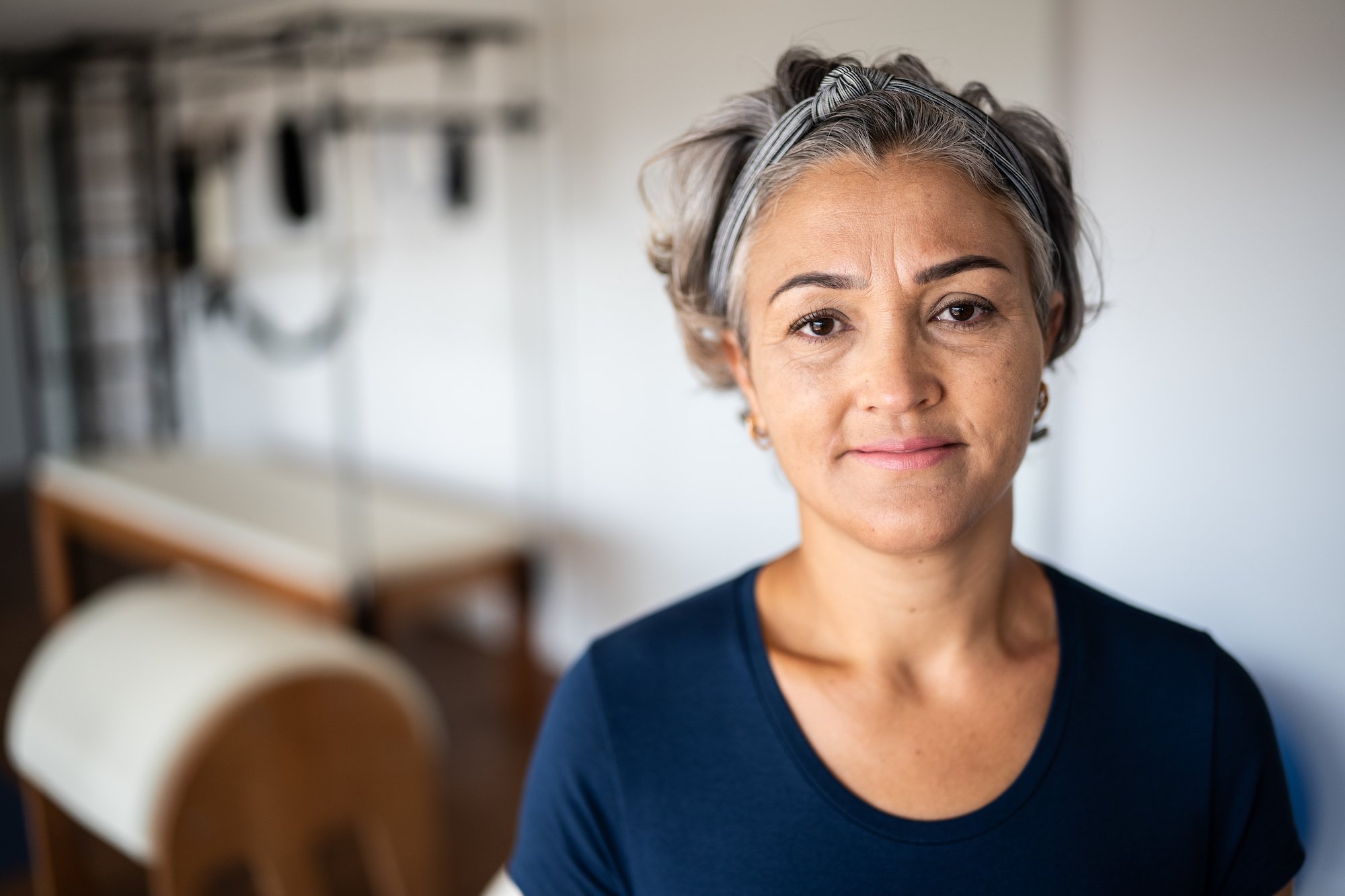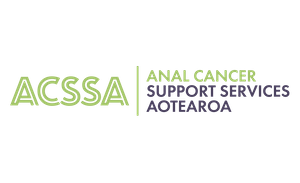
Getting
through
treatment
Preparing for appointments
There is a lot of information to take in after being diagnosed with cancer. It’s a good idea to get a diary or use your phone to keep track of your appointments and to write down any questions you may have. It also helps to have a folder to keep all your medical notes in one place. The following questions may help:
Will I be able to drive myself to treatment?
Will I need a caregiver during treatment?
What medications and ointments do you recommend to manage the side effects?
What is the prognosis for my stage of anal cancer?
Will I need an ostomy?
What other specialists should I see so I can maintain the best quality of life? eg physios, dieticians, psychologists, sex therapists.
What type of anal cancer do I have and what stage am I?
What treatment is recommended?
What side effects am I likely to experience both in the short and long term?
How long will these side effects last?
How can I prepare for my treatment?
Is there any dietary advice?
Will I be able to work during my treatment?
Transport & accommodation
You’ll need to have a plan for getting to and from chemotherapy and radiation treatment, as these take place over several weeks. For people who live outside the areas where this is offered, you will also need accommodation near your treatment. Currently, radiation is offered in Auckland, Hamilton, Tauranga, Palmerston North, Wellington, Christchurch and Dunedin. If you need assistance with either transport or accommodation, contact the Cancer Society.
Diet
There should be an expert dietician as part of your treatment team, who will be able to advise the best foods during and after treatment, including when managing side-effects.
Keeping well hydrated during treatment will reduce side effects and the chances of being admitted with dehydration. Any non-alcoholic liquid counts as fluids. Protein during radiation treatment will help the body to repair itself. Ideally you should aim to have protein with every meal. Good protein sources include eggs, nuts, seeds, dairy products, soy and tofu, fish, poultry and meats.
Please note - no dietary supplements, vitamins or herbal products have been shown to improve the prognosis for people affected by anal cancer. Let your medical staff know if you are taking supplements during treatment, as some supplements may have harmful effects.
Telling family and friends
We are all different people and will have different perspectives about what we wish to share. Many people find talking about the anus embarrassing and choose to not disclose where the cancer is or refer to it as a type of bowel cancer, while others are comfortable talking about a part of the body we all have. Often people have not heard of anal cancer, and you may find it helpful to refer them to this website for more information. Remember that you did not do anything to cause this cancer - it is just bad luck.
Getting through the Chemotherapy and Radiotherapy
Most people with anal cancer will be treated initially with a combination of chemotherapy and radiation for about 6 weeks and then you will need a few weeks to recover. It is a tough few weeks.
Tips for Getting Through Chemo/Radiation
Get organised and diarise all your treatment appointments
Look after your mouth to reduce your chances of getting mouth ulcers with mouth washes after every meal and a soft toothbrush
Know when your blood counts will be very low after chemo so you can avoid anyone with an infection and make sure you have a themometer so you can check for fevers
If it is possible have someone help you to cook, clean, shop, drive and care for you because you may not be able to do your normal daily activities at times
Wear loose clothing as the skin around your anus is likely to get sore and normal clothing and underwear may be too uncomfortable
Diarrhea is common and having a squeezy bottle filled with water will be much more comfortable than loo paper
Most people find being in a bath with either salt or baking soda added to the water the most comfortable place to be
Take the pain relief offered and use all the creams and let your health care team know if you are still in pain
Have the contact details of your doctors so you have a contact 24/7
Look after your mental health with good support people, good sleep and do some activities which bring you joy such as read a good book, listen to your favourite music or podcast and dont hesitate to use a psychologist
It is OK to do nothing most people find their energy is really low
